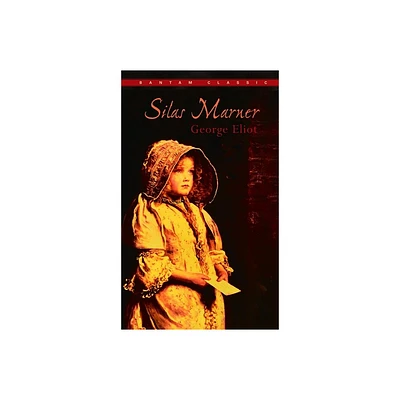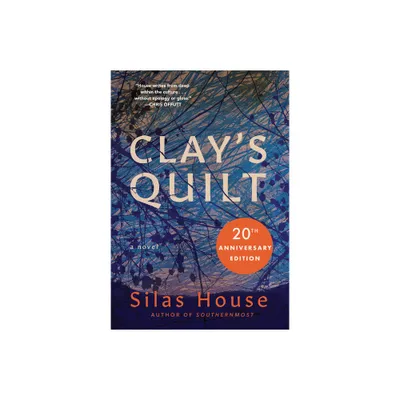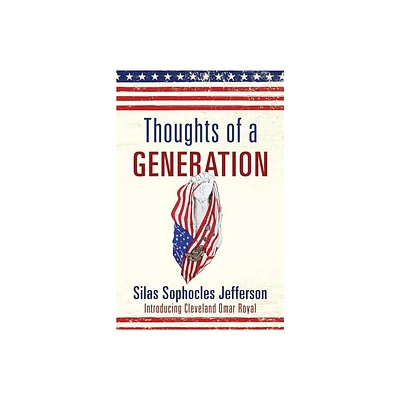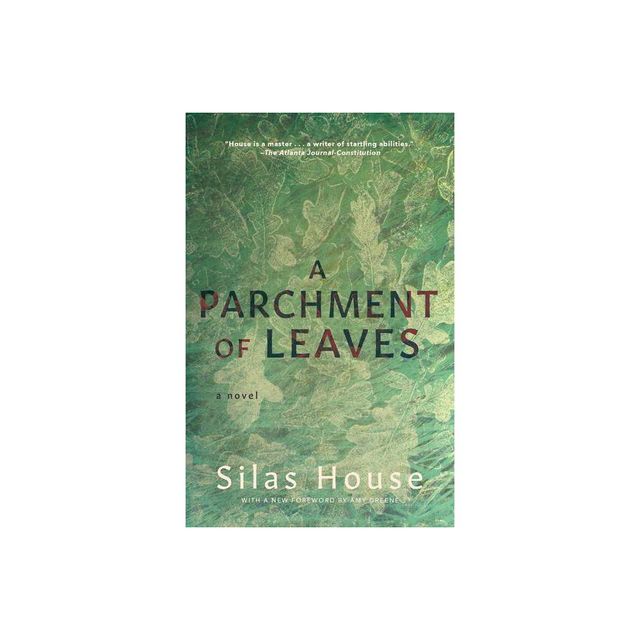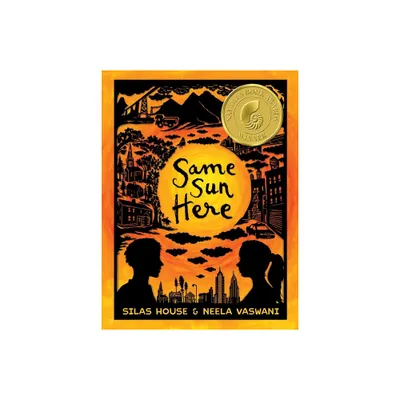Home
Silas Marner
Loading Inventory...
Barnes and Noble
Silas Marner
Current price: $11.99


Barnes and Noble
Silas Marner
Current price: $11.99
Loading Inventory...
Size: OS
*Product Information may vary - to confirm product availability, pricing, and additional information please contact Barnes and Noble
Silas Marner is the third novel by George Eliot. An outwardly simple tale of a linen weaver, it is notable for its strong realism and its sophisticated treatment of a variety of issues ranging from religion to industrialisation to community. The novel is set in the early years of the 19th century. Silas Marner, a weaver, is a member of a small Calvinist congregation in Lantern Yard, a slum street in an unnamed city in Northern England. He is falsely accused of stealing the congregation's funds while watching over the very ill deacon. Two clues are given against Silas: a pocket knife, and the discovery in his own house of the bag formerly containing the money. There is the strong suggestion that Silas' best friend, William Dane, has framed him, since Silas had lent his pocket knife to William shortly before the crime was committed. Silas is proclaimed guilty. The woman Silas was to marry breaks their engagement and later marries William. With his life shattered and his heart broken, Silas leaves Lantern Yard and the city. Marner travels south to the Midlands and settles near the rural village of Raveloe, where he lives alone, choosing to have only minimal contact with the residents. He comes to adore the gold he earns and hoards from his weaving. The gold is stolen by Dunstan ("Dunsey") Cass, a dissolute younger son of Squire Cass, the town's leading landowner. Silas sinks into a deep gloom, despite the villagers' attempts to aid him. Dunsey disappears, but little is made of this not unusual behaviour, and no association is made between him and the theft. Godfrey Cass, Dunsey's elder brother, also harbours a secret. He is married to, but estranged from, Molly Farren, an opium-addicted woman of low birth living in another town. This secret prevents Godfrey from marrying Nancy Lammeter, a young woman of high social and moral standing. On a winter's night, Molly tries to make her way to Squire Cass's New Year's Eve party with her two-year-old girl to announce that she is Godfrey's wife and ruin him. On the way, she takes opium and lies down in the snow. The child wanders away and into Silas' house. Silas follows her tracks in the snow and discovers the woman dead. When he goes to the party for help, Godfrey heads to the scene, but resolves to tell no one that Molly was his wife. Molly's death conveniently puts an end to the marriage. Silas keeps the child and names her Eppie, after his deceased mother and sister, both named Hephzibah. Eppie changes Silas' life completely. Silas has been robbed of his material gold, but has it returned to him symbolically in the form of the golden-haired child. Godfrey Cass is now free to marry Nancy, but continues to conceal the fact of his previous marriage-and child-from her. However, he aids Marner in caring for Eppie with occasional financial gifts. More practical help and support in bringing up the child is provided by Dolly Winthrop, a kindly neighbour of Marner's. Dolly's help and advice assist Marner not only in bringing up Eppie, but also in integrating them into village society. Sixteen years pass, and Eppie grows up to be the pride of the village. She has a strong bond with Silas, who through her has found a place in the rural society and a purpose in life. Meanwhile, Godfrey and Nancy mourn their own childless state. Eventually, the skeleton of Dunstan Cass-still clutching Silas' gold-is found at the bottom of the stone quarry near Silas' home, and the money is duly returned to Silas. Shocked by this revelation, and coming to the realisation of his own conscience, Godfrey confesses to Nancy that Molly was his first wife and that Eppie is his child. They offer to raise her as a gentleman's daughter, but this would mean Eppie would have to forsake Silas. Eppie politely refuses, saying, "I can't think o' no happiness without him."
